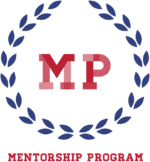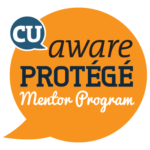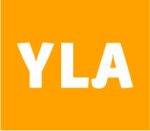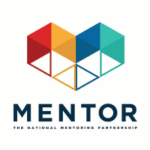Mentoring Programs for Youth
Find tips on how to have a better success rate with your coaching or mentoring. This site also allows you to join webinars on different topics within mentoring.
A list of mentoring resources provided by the Women’s Center at University of Dayton. The website includes guides, handbooks, and various pages for both mentors and mentees.
The mission of the Mentoring Coalition of San Diego County is to encourage, develop, strengthen and sustain quality mentoring relationships in our region.
The U.S. Department of Education offers a comprehensive guide to shifting mentoring programs’ emphases to academic achievement.
This report offers suggestions to improve and sustain relations between youth development organizations and schools. Additionally, it outlines aspects of positive youth development, such as physical development, intellectual development, psychological and emotional development, and social development.
This guide offers information for starting a mentorship program. Elements include mentor/mentee recruitment, mentor training, matching participants, and monitoring outcomes.
This fact sheet provides programs with a check list to ensure they are meeting the 8 principles for managing mentors.
Find information on helping pick your perfect mentoring style and situation, mentoring functions, and a step-by-step walk through the different phases your mentor-mentee relationship will go through.
With hundreds of resources, you can search by a specific topic or focus area.
This blog, sponsored by Youth Mentoring Connection (YMC) out of Los Angeles, informs you on programs and activities the YMC have executed successfully. If you are stumped on new activities to positively impact your mentees, head over to this blog and start brainstorming.
The mission of Youth Leadership America (YLA) is to develop and inspire America’s young leaders through collaboration with community leaders and mentorship for the collective benefit of the students and the community.
MENTOR helps children by providing a public voice, developing and delivering resources to mentoring programs nationwide and by promoting quality for mentoring through standards, cutting-edge research and state of the art tools.








